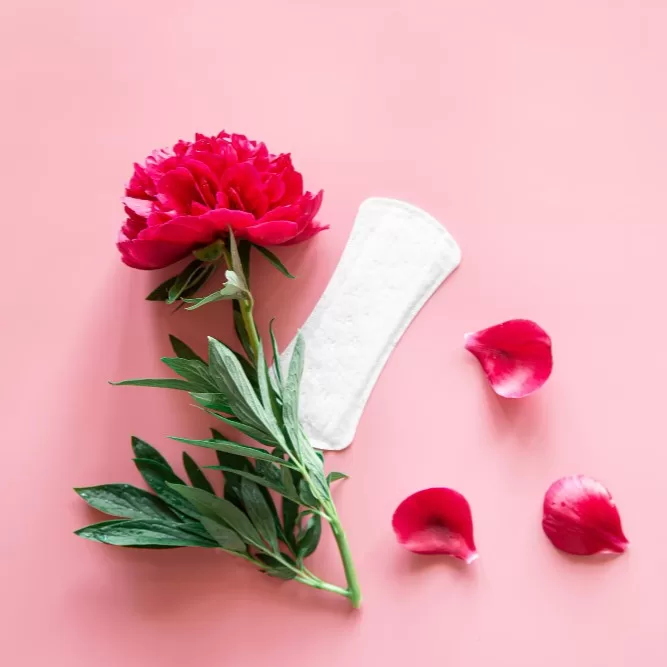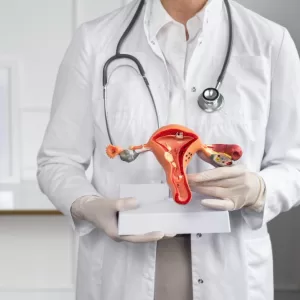Menstrual hygiene management (MHM) remains a critical yet often overlooked aspect of women’s health in India. Cultural taboos, lack of access to sanitary products, and persistent myths continue to hinder women and girls from managing their menstrual health effectively. Dr. Sangeeta Shetty, Consultant – Obstetrics and Gynecology, Currae Hospital, Thane, emphasizes the need to address these challenges to empower women and promote their overall well-being.
The Cultural Context of Menstruation in India
In India, menstruation is deeply entrenched in cultural beliefs and practices, contributing to silence, stigma, and misinformation surrounding this natural bodily process. These cultural norms often lead to restrictions on women’s participation in daily activities and perpetuate feelings of shame and embarrassment. Moreover, inadequate menstrual hygiene facilities in schools result in higher absenteeism among girls, affecting their education and future opportunities.
Understanding Menstrual Hygiene Management
MHM encompasses a comprehensive approach to menstrual health, including access to clean menstrual products, facilities for hygiene, and education about menstruation. It is crucial for maintaining physical health, promoting gender equality, and empowering women to participate fully in society. Effective MHM involves dispelling myths, providing accurate information, and ensuring access to affordable and sustainable menstrual products.
The Role of Education and Awareness
Education plays a vital role in challenging misconceptions and promoting healthy menstrual practices. By incorporating menstrual health education into school curricula and community programs, we can empower women and girls to make informed decisions about their bodies. Additionally, raising awareness among boys, men, and community leaders is essential for changing societal attitudes towards menstruation and reducing stigma.
Sustainable Menstrual Products: Accessibility and Affordability
The availability and affordability of sustainable menstrual products remain significant challenges, particularly for women in rural and low-income areas. Initiatives to subsidize the cost of these products and increase their accessibility are crucial for improving MHM. By promoting eco-friendly alternatives such as menstrual cups and reusable cloth pads, we can reduce environmental pollution and offer women more choices for managing their menstrual health.
The Role of Healthcare Systems
Healthcare facilities play a pivotal role in providing support and services related to MHM. It is essential to ensure that healthcare workers are trained to address menstrual health issues sensitively and effectively. Furthermore, initiatives and programs aimed at improving MHM, such as government schemes and NGO campaigns, are vital for reaching underserved communities and addressing cultural barriers.
Empowering Women Through Education and Community Engagement
Community-based education programs are instrumental in empowering women and challenging taboos surrounding menstruation. By creating spaces for open and inclusive discussions, we can break the silence and promote a culture of dignity and respect. Together, we can work towards a future where MHM is recognized as a fundamental right, enabling women to lead healthy and fulfilling lives.
Conclusion: Towards a Future of Empowerment
Addressing the challenges of menstrual hygiene management requires a collaborative effort involving education, access to resources, and societal change. By breaking taboos, promoting awareness, and advocating for policy changes, we can empower women and girls across the nation. Currae Hospital, Thane, is committed to supporting this cause and ensuring that every woman has the opportunity to manage her menstrual health with dignity and confidence.
Dr. Sangeeta Shetty and the team at Currae Hospital are dedicated to providing comprehensive care and support for women’s health needs. We invite you to join us in this journey towards empowerment and make an appointment with the best woman care hospital in Thane. Together, we can create a future where menstruation is celebrated as a natural and essential aspect of women’s health and well-being.





